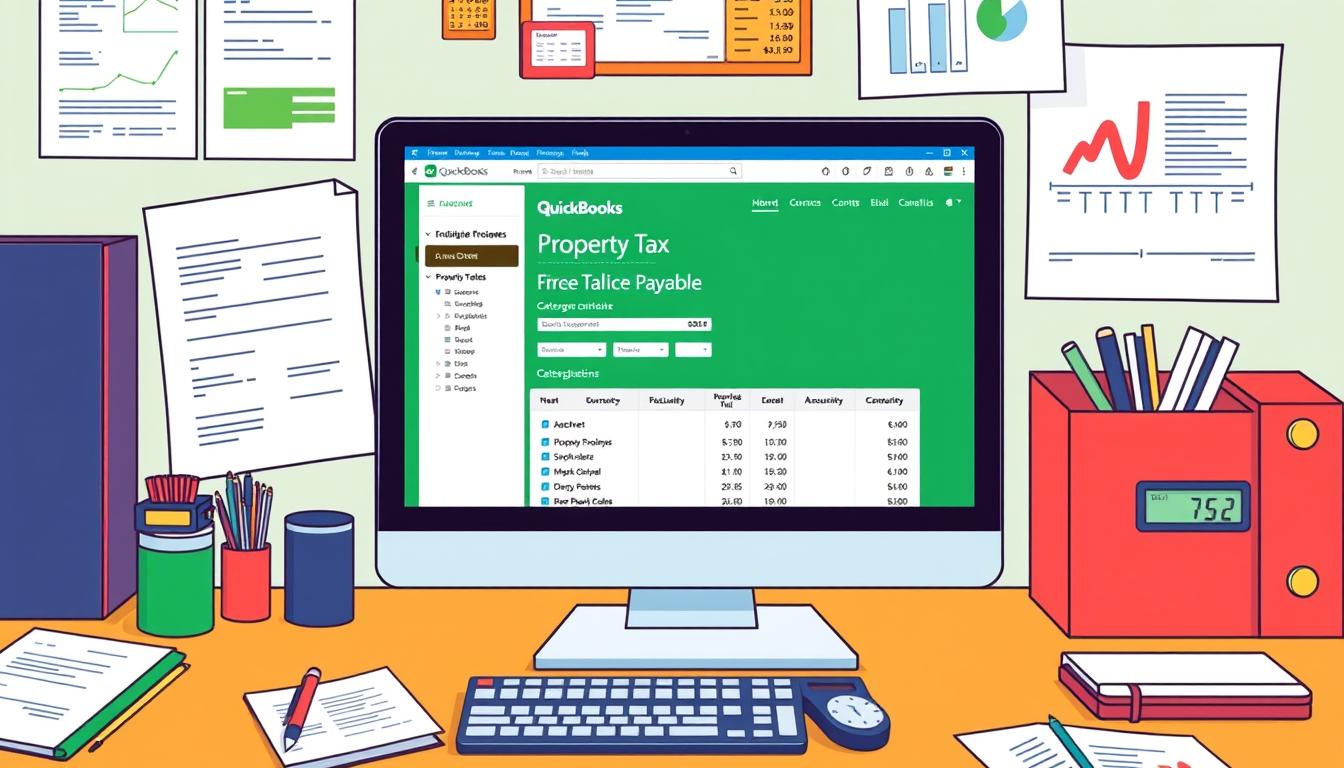
Is there a free version of quickbooks

Table of Contents
Many small business owners wonder if there’s a free version of QuickBooks. This software is known for its powerful features. But can you get it for free? We’ll look into QuickBooks pricing and compare the QuickBooks trial with other QuickBooks alternatives.
This introduction helps understand if you can use QuickBooks without spending money. We’ll cover the free trial period and what it’s like to use it.
Key Takeaways
- The free version of QuickBooks may not be available, but trial options exist.
- QuickBooks is recognized for its extensive functionality and ease of use.
- Understanding QuickBooks pricing plans aids in making informed decisions.
- QuickBooks trial offers insights into its features without upfront costs.
- Comparing QuickBooks with other free accounting software highlights various options.
- Users can assess the usability and effectiveness of QuickBooks during the trial phase.
Introduction to QuickBooks
What is QuickBooks? It’s a top accounting software for small and medium-sized businesses. Since 1983, it has grown to meet the financial needs of companies in today’s digital world. This QuickBooks overview shows how it has adapted and expanded its features.
Businesses use QuickBooks for key tasks like bookkeeping, tracking expenses, managing payroll, and sending invoices. Its easy-to-use design makes it great for both experienced accountants and newcomers to finance. Over 4.5 million users in the U.S. rely on QuickBooks for their financial needs.
QuickBooks is known for automating routine tasks, making work more efficient and productive. It’s a trusted choice for businesses, offering reliable customer service. This solidifies its position in the accounting software market.
Understanding QuickBooks Pricing Plans
QuickBooks pricing is key for anyone looking into this top accounting platform. It has several subscription plans for different business needs. The main plans are Simple Start, Essentials, and Plus, each with special features for different business sizes.
| Plan | Monthly Cost | Key Features |
|---|---|---|
| Simple Start | $25 | Single user access, income and expense tracking, invoicing, and tax deduction tracking. |
| Essentials | $50 | All Simple Start features, plus support for three users, bill management, and payment handling. |
| Plus | $80 | All Essentials features, support for five users, inventory tracking, and project management. |
QuickBooks offers discounts for the first months, making it more appealing to new users. There are also add-ons available. This lets businesses grow their capabilities as needed. QuickBooks is a great choice for those looking for affordable accounting software that can adapt to their business.
The Availability of a Free Version of QuickBooks
Many people wonder if there’s a free version of QuickBooks. Sadly, there isn’t a completely free version available. This might make some look for other free accounting software. But, QuickBooks offers a QuickBooks trial for new users. This trial lasts 30 days, letting users try out all its features.
Getting started with the QuickBooks trial is easy. Just sign up online and start exploring. You’ll get to see how QuickBooks can help with your finances without spending money right away.
When the trial ends, you’ll need to decide what to do next. QuickBooks will ask you to pick a subscription plan to keep using it. Remember, after the trial, you won’t have full access unless you pay for a plan.
| Feature | QuickBooks Trial | Free Accounting Software |
|---|---|---|
| Duration | 30 Days | Varies |
| Access to Features | Full Access | Limited Features |
| Customer Support | Available | Limited or No Support |
| Financial Management Tools | Comprehensive | Basic |
| Subscription Needed After Trial | Yes | No (if fully free) |
Comparison: QuickBooks vs. Other Free Accounting Software
When looking at QuickBooks and its free competitors, it’s key to consider several factors. Free accounting software comparison shows us alternatives like Wave, Zoho Books, and FreshBooks. Knowing their features helps users choose based on their needs.
QuickBooks is known for its easy-to-use interface and strong accounting tools. It helps businesses manage expenses, invoices, and payroll all in one place. On the other hand, some alternatives like Wave are great for freelancers and small businesses without cost. But they might not have as much bookkeeping power.
| Feature | QuickBooks | Wave | Zoho Books | FreshBooks |
|---|---|---|---|---|
| User Interface | Intuitive | Simple | Modern | Clean |
| Invoicing | Yes | Yes | Yes | Yes |
| Expense Tracking | Yes | Yes | Yes | Limited |
| Customer Support | Excellent | Basic | Good | Good |
| Pricing | Paid plans | Free | Paid plans | Paid plans |
Each option has its own good points and areas for improvement, especially in customer service and specific accounting features. The choice between QuickBooks and its rivals depends on what the user prefers, the size of the business, and what accounting needs are.
Features of QuickBooks Free Trial
The trial version of QuickBooks lets users try out many features for a short time. It’s key to know what these features do to get the most from the trial. Here’s what you can look forward to:
- Invoicing: Make professional invoices fast. You can change templates and send them to clients right away.
- Expense Tracking: Track all business costs in one spot. It’s easy to keep an eye on your spending.
- Bank Reconciliation: Make reconciling your bank accounts simple. It helps you track your transactions easily.
- Financial Reporting: Use reporting tools to make important financial statements. They help with making decisions.
To make the most of QuickBooks during the trial, try out each feature. Remember, the trial version is a good start but has some limits. Some advanced features might not be available. Knowing these limits helps when you think about getting a paid plan.
Benefits of Using QuickBooks for Small Businesses
QuickBooks brings many benefits to small business owners. It automates bookkeeping tasks, saving time for entrepreneurs. This means they can focus more on growing their business. QuickBooks also reduces errors, making financial records more accurate.
Moreover, QuickBooks helps businesses grow by adapting to their needs. As sales increase and expenses get more complex, the software adjusts. It does this without needing a complete system change.
Generating reports is another area where QuickBooks shines. It makes it easy for small businesses to get the financial information they need. This includes profit and loss statements and balance sheets.
For example, a local coffee shop used QuickBooks and saved up to ten hours a month. They used to spend this time on manual bookkeeping. Now, they can use this time to improve customer service and expand their menu.
In summary, QuickBooks simplifies accounting for small businesses. It also helps owners focus on growing their business. This makes QuickBooks a valuable tool for success.
Limitations of Free Versions and Trials
It’s important to know the limits of QuickBooks trial versions and other free accounting software. Many users find that limitations of QuickBooks trial affect their experience. Free options might seem good at first, but there are things to think about.
Free versions often lack key features. Users find that important tools are missing. This makes managing accounts hard, leading to frustration.
Another issue is free accounting software drawbacks like poor customer support. Users of free versions often get little help when they need it. This can make learning and doing accounting tasks harder, especially for new businesses.
There’s also a problem with data storage. Free trials might not let you store much data, which can be a problem as your business grows. Switching to paid plans can be expensive, with costs that surprise users. Knowing these points helps users make better choices for their accounting needs.
How to Access QuickBooks Free Trial
To access QuickBooks trial, just follow a few easy steps. Start by going to the QuickBooks website. There, you’ll find a clear way to sign up for QuickBooks free. Click on it, and you’ll get to the sign-up area.
In the trial registration process, you’ll need to give some basic info. This includes your name, email, and business details. Make sure everything is correct to avoid any issues. After filling it out, check your email for a confirmation link. Click it to start your trial.
Once you’ve verified your account, log in and explore. Get to know QuickBooks’ features like invoicing and expense tracking. Using these tools will show you how QuickBooks can help your business run smoother.
Real User Experiences with QuickBooks Free Offerings
Many users share their thoughts on the QuickBooks free trial. They give valuable insights on how the software works during the trial and beyond. QuickBooks user reviews show a mix of good points and areas for improvement.
Positive feedback often talks about how easy it is to use and the many features available during the free trial. Users like how simple the interface is. This makes it easier to handle finances, even without knowing a lot about accounting.
Real experiences show that many beginners find it easy to use. There are lots of online resources and tutorials to help them learn.
However, some users have complaints about going from the free trial to paid plans. They say the trial has too many limits. This makes it hard to fully test the software’s abilities.
They wish for a longer trial period. This would help them decide if QuickBooks is right for them in the long run.
Looking at user feedback gives a full view of QuickBooks’ performance during the trial and paid periods. Knowing both the good and bad points helps users make a better choice when thinking about this accounting software.
Upgrading from a Free Version to QuickBooks Paid Plans
Switching from a free QuickBooks version to a paid one can really improve your accounting experience. It’s important to think about what you need and look at different QuickBooks plans before you decide to pay. This will help you choose the right plan for your business.
- Usage Requirements: Look at how your business works to see what features you really need. Paid plans have more features that can help different types of businesses.
- Scalability: Make sure the QuickBooks plan you pick can grow with your business. Some plans let you handle more transactions and users.
- Budget: Check the costs of different plans. Think about your budget and how upgrading will help your business in the long run.
- Customer Support: See how much customer support each plan offers. Good support can help with any problems you might face.
Once you find the best paid plan, follow these steps for a smooth upgrade:
- Log into your QuickBooks account.
- Go to the billing section to see your current plan details.
- Choose to upgrade and pick your preferred plan from the options.
- Make sure your payment method is correct.
- Follow the instructions on the screen to complete the upgrade.
By focusing on these points, you can confidently move from a trial to a paid plan. This will help you get the most out of QuickBooks.
Conclusion
In this QuickBooks summary, we’ve looked at its key features, benefits, and drawbacks. QuickBooks doesn’t have a free version, but it does offer a free trial. This trial lets users try out the software without spending money upfront.
This trial period is great for businesses to see if QuickBooks fits their accounting needs. We’ve seen how QuickBooks offers a wide range of features for managing finances, even in trial mode. But, users should also think about the costs and limitations of moving to a paid version.
Understanding both sides helps make a smart choice. QuickBooks can be very helpful for small and medium-sized businesses. By trying the free trial, users can see if it meets their needs and expectations.
FAQ
Is there a free version of QuickBooks available?
No, QuickBooks does not have a free version. But, it offers a 30-day free trial. This lets new users try out its features without paying anything at first.
What can I expect during the QuickBooks free trial?
During the QuickBooks free trial, you get to use key features. These include making invoices, tracking expenses, and doing financial reports. You also get to reconcile bank statements. It’s a good chance to see how the software works.
How does QuickBooks pricing compare to its competitors?
QuickBooks pricing changes based on the plan you choose. You can pick Simple Start, Essentials, or Plus. It’s seen as a top choice, but some think it’s worth it for what you get compared to cheaper options.
What are some alternatives to QuickBooks for free accounting software?
Alternatives to QuickBooks include Wave, Zoho Books, and FreshBooks. Each offers unique features. They’re great for those who don’t want to pay anything upfront.
Are there any limitations in the QuickBooks free trial?
Yes, the free trial has some limits. You might not get full customer support or access to all advanced features. Also, data storage might be less than what you get with a paid plan.
How do I sign up for the QuickBooks free trial?
To sign up for the QuickBooks free trial, go to the QuickBooks website. Choose the trial option and follow the sign-up steps. You’ll need to give some basic info about yourself and your business.
What are the common user experiences regarding the QuickBooks free trial?
People have mixed feelings about QuickBooks during the free trial. Some like how easy it is to use and the wide range of features. Others find it hard to switch to a paid plan and get limited support during the trial.
How can I upgrade from the QuickBooks free trial to a paid plan?
Upgrading to a paid plan is easy. Just pick the plan you want during or at the end of the trial. Then, follow the steps to enter your payment info. This makes the switch smooth.
- Tags: intuit quickbooks, intuit quickbooks login, intuit quickbooks online, quickbook, quickbooks, quickbooks accounting software, quickbooks customer service, quickbooks customer service number, quickbooks desktop, quickbooks desktop 2024, quickbooks log in, quickbooks login, quickbooks login online, quickbooks online, quickbooks online accountant, quickbooks online accounting, quickbooks online customer service, quickbooks online login, quickbooks online pricing, quickbooks payroll, quickbooks self employed, quickbooks software, quickbooks support phone number, quickbooks time, quickbooks time login, quickbooks workforce
Top Products
- QuickBooks Desktop Pro 2024 US Version
- QuickBooks Desktop Pro 2023 US Version
- QuickBooks Desktop Pro 2022 US Version
- QuickBooks Desktop Premier 2024 US Version
- QuickBooks Desktop Premier 2023 US Version
- QuickBooks Desktop Premier 2022 US Version
- QuickBooks Desktop Accountant 2024 US Version
- QuickBooks Desktop Accountant 2023 US Version
- QuickBooks Desktop Enterprise 2024 US Version
- QuickBooks Desktop Enterprise 2023 US Version
- QuickBooks for Mac 2024
- QuickBooks for Mac 2023
Popular Posts

How to categorize property tax payable in quickbooks online
Knowing how to categorize property tax payable in QuickBooks Online is key for keeping your financial records right. Property tax payable is the amount your business owes in property taxes. It can greatly affect your financial health. By learning to categorize property tax well, businesses can make sure their financial statements show their true obligations.
This knowledge is crucial as we dive into the steps and best practices for handling property tax payable in QuickBooks Online.
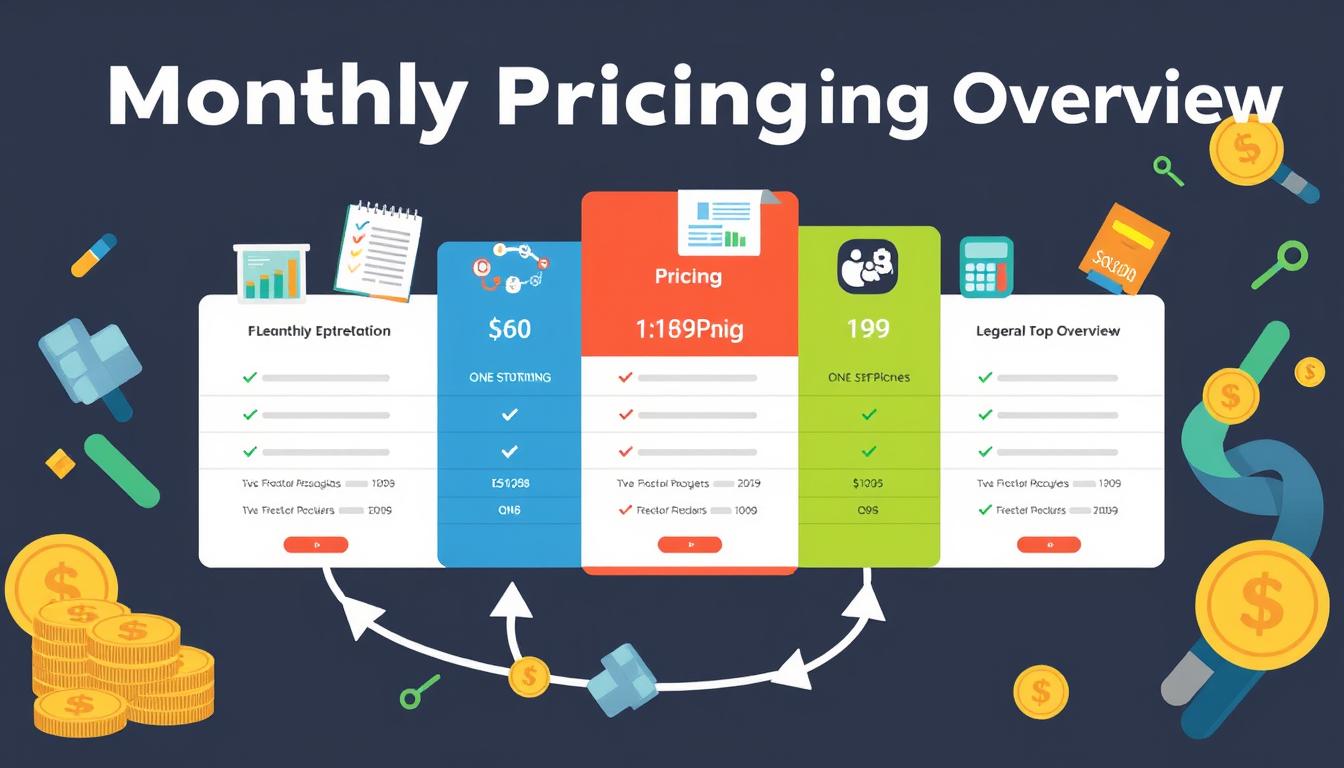
How much is quickbooks per month
Many users want to know the QuickBooks pricing for monthly costs. QuickBooks has various plans for different business needs. This lets users pick the right plan for their financial management.
What affects the QuickBooks monthly cost includes the QuickBooks edition, payment frequency, and extra features. This guide will explain the details of these plans. It will help you understand the costs of using QuickBooks for your business.

How does quickbooks work
QuickBooks is a key accounting software made by Intuit. It helps businesses manage their finances well. It works on a cloud-based platform, so users can access their financial data from anywhere.
This software makes tasks like bookkeeping, invoicing, and financial reporting easier. In this article, we’ll look at QuickBooks’ main features, its users, benefits, and challenges. We aim to help you understand how it can improve your financial management.

How do you record insurance payment in quickbooks
Recording insurance payments in QuickBooks is key for good insurance accounting. It helps business owners manage their money well and keep their books right. This is vital for the health of any business.
In this guide, we’ll show you how to record insurance payments easily. We’ll use QuickBooks guides and tips from accounting experts. This way, you can keep your financial records up to date.
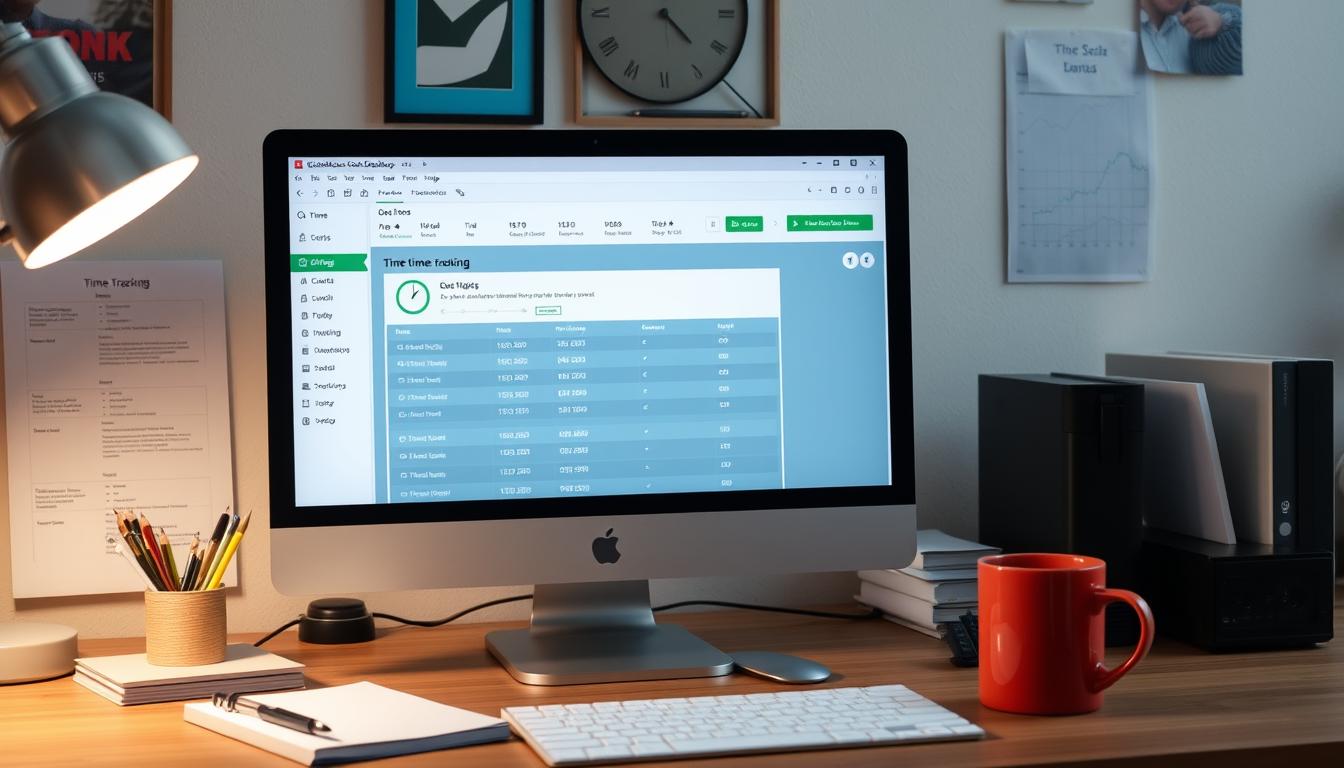
How do you clock in hours in quickbooks desktop
In today’s fast-paced world, tracking time well is key for good payroll management. This article will show you how to clock in hours in QuickBooks Desktop. It’s a top accounting software that makes managing tasks easier. By learning how to track time, businesses can work better and pay employees right.
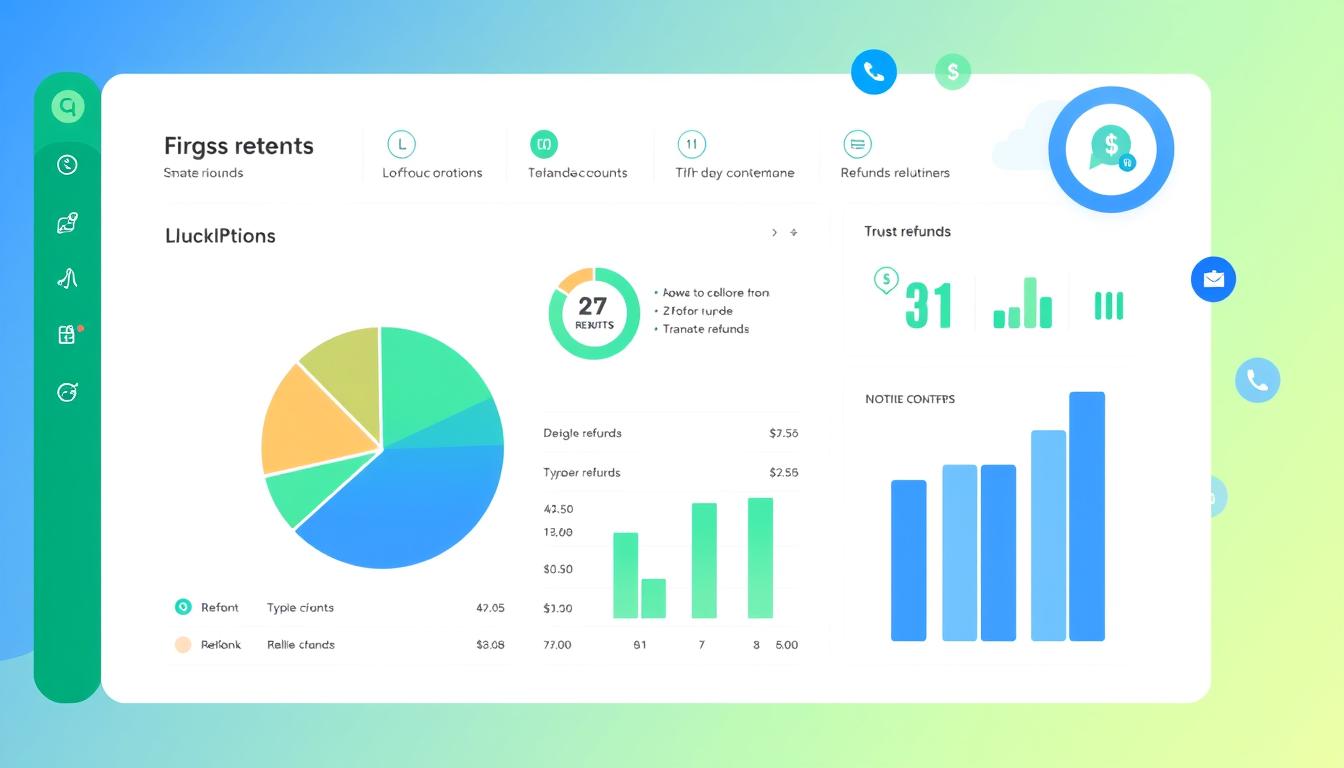
How are refunds categorized in quickbooks online
Knowing how to categorize refunds in QuickBooks Online is key for good financial management. It’s important to record refunds correctly to keep your finances clear. Businesses of all sizes can benefit from knowing how to do this right.
This knowledge helps make your financial records clear and accurate. It’s a basic step that can make a big difference.

Does quoteiq accept quickbooks online payments
Payment solutions are key in today’s business world. Many are looking into how platforms like QuoteIQ can improve their invoicing. A big question is: does QuoteIQ accept QuickBooks Online Payments? This article explores how QuoteIQ and QuickBooks Online Payments work together.
This shows how important it is to have good payment integration. It helps with cash flow and makes operations smoother. We’ll look at the benefits of using QuoteIQ with QuickBooks Online Payments. Plus, we’ll show you how to set it up.
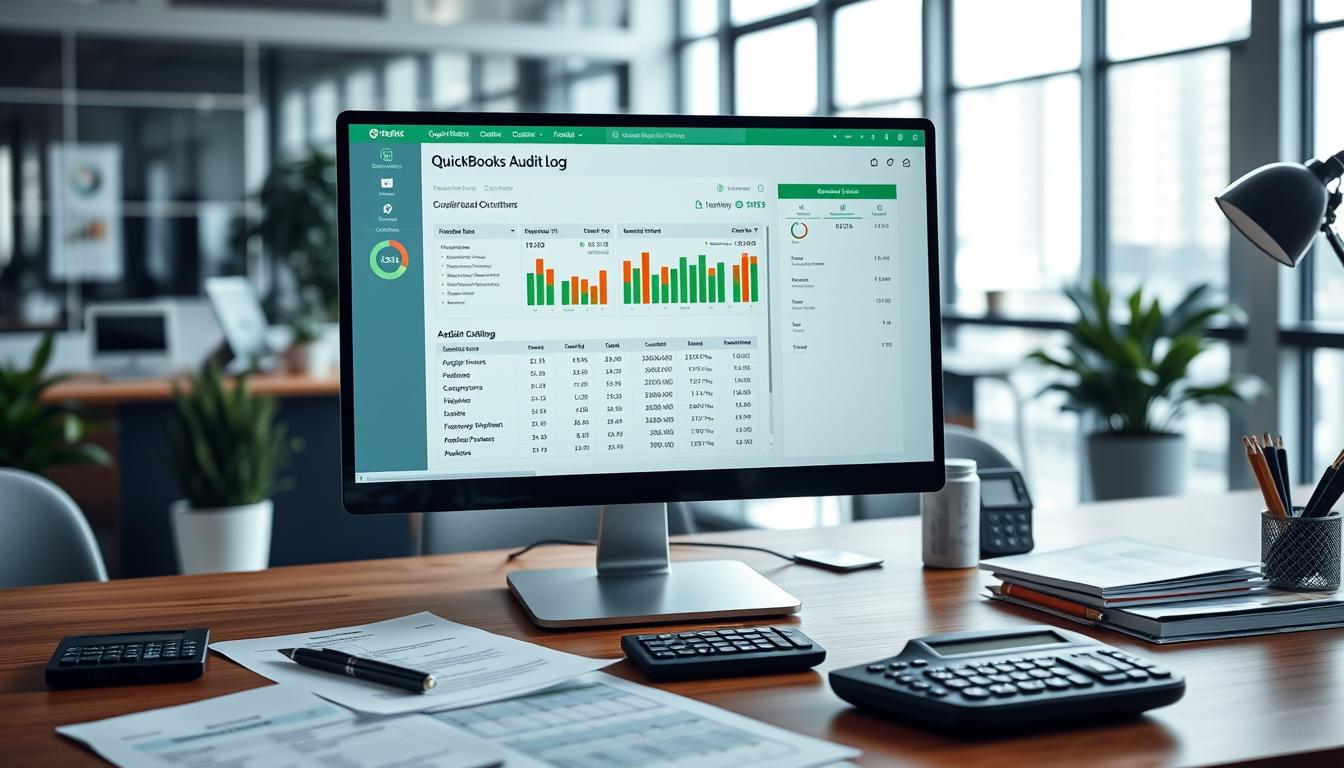
Can you delete history under audit log quickbooks online
It’s important to know if you can delete entries from the audit log in QuickBooks Online. This is key for businesses that focus on financial accuracy and follow the rules. The audit log QuickBooks Online keeps a detailed history of changes to financial data. This ensures that all account activities are recorded clearly.
By tracking these changes, the audit log is crucial for good financial management. We will look into why the audit log matters and what happens if you try to delete its records. We’ll see how these actions impact your QuickBooks history.
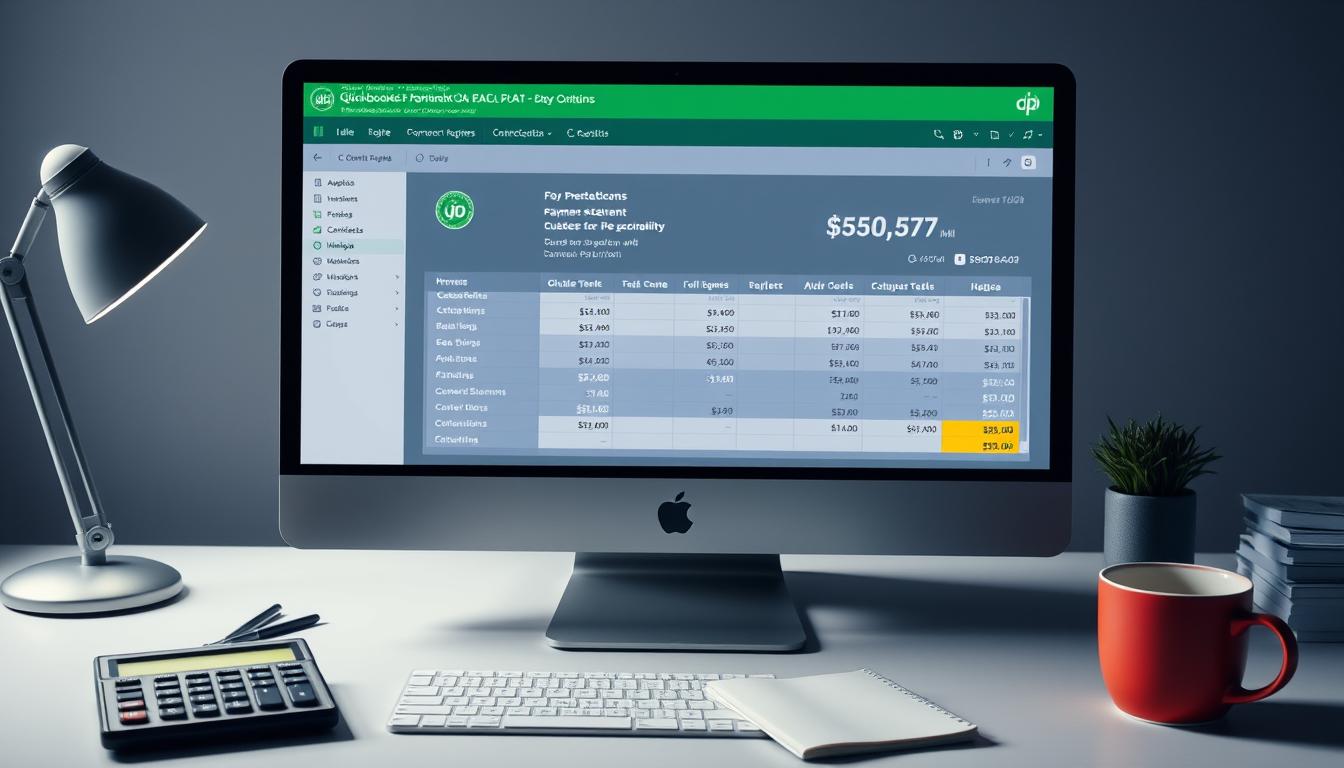
Can quickbooks recievepayment by statements rather that individual invoices
In today’s fast-paced world, businesses need quick and easy ways to handle payments. Many QuickBooks users wonder if they can pay by statements instead of invoices. This method makes accounting simpler for companies.
Using payment statements has big advantages over traditional invoices. QuickBooks helps businesses manage payments better. This article will show you how payment statements work in QuickBooks and how they can help your business.
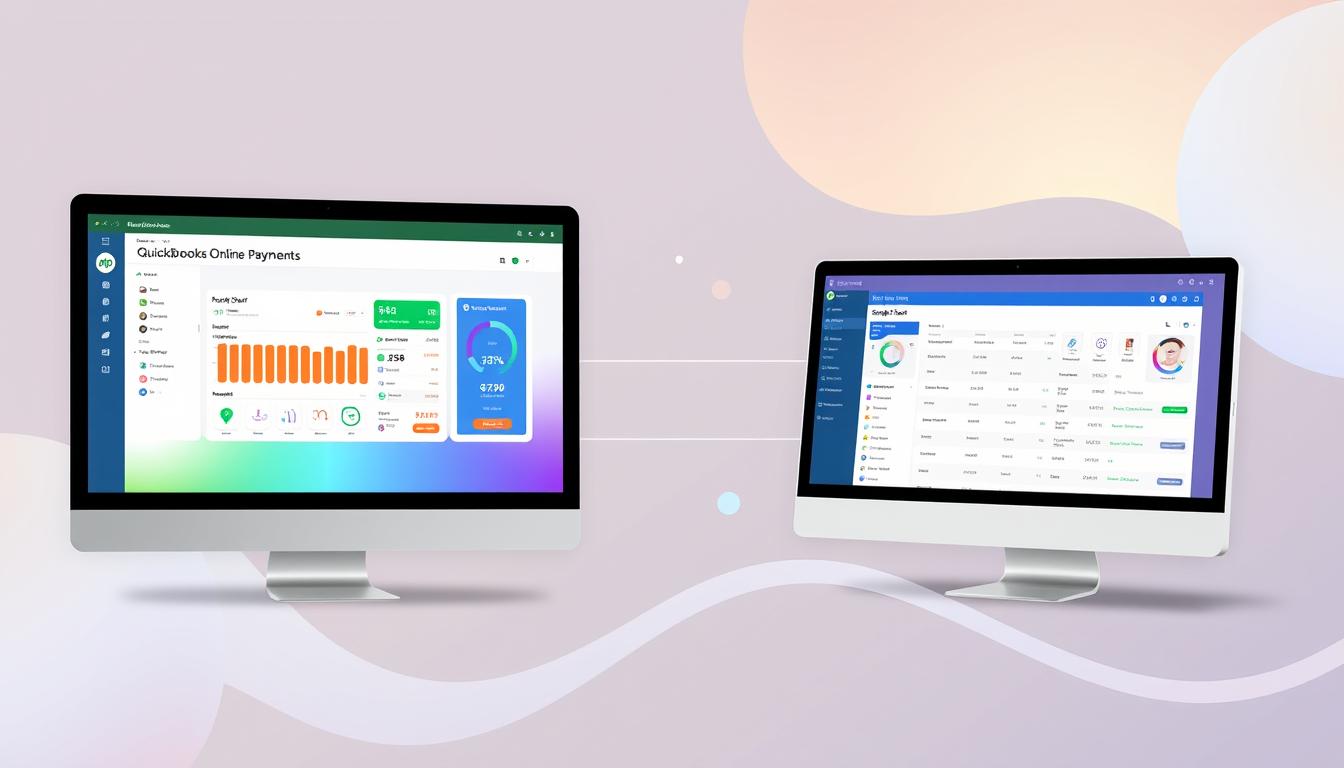
Can quickbooks online payments work with simple start
For small business owners, the question of whether QuickBooks Online Payments and QuickBooks Simple Start can work together is key. This integration is vital for managing finances effectively. It helps users handle transactions smoothly while using a basic accounting tool for solo businesses.
QuickBooks Online Payments lets users take payments online, making cash flow management easier. In this article, we explore how these two tools can boost efficiency for small businesses.